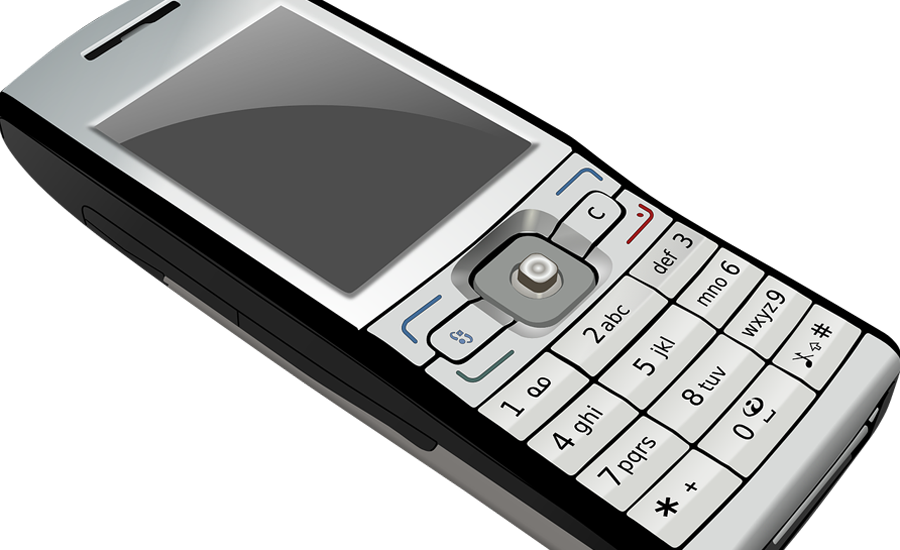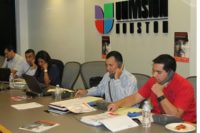A plan to offer triage by telephone to veterans suspected of having malignant mesothelioma may enable them to access expert mesothelioma advice faster, potentially improving their long-term outcomes.
In a newly published article in the Journal of Surgical Research, surgeons with VA Boston Healthcare System detail their experience with telephone triage of suspected malignant mesothelioma patients and explain how the system could help veterans around the country with other rare diseases.
Veterans prone to mesothelioma
Although pleural mesothelioma is an extremely rare cancer affecting fewer than 3,000 people in the US each year, veterans are disproportionately impacted because so many of them were exposed to asbestos.
Navy veterans are among the most common victims of mesothelioma because of their work in close quarters on ships that were often filled with various types of asbestos insulation.
Electricians, plumbers, boilermakers, shipbuilders, auto brake mechanics, and others who may have been exposed to asbestos in the course of their work in the military or civilian life all face a higher lifetime risk for developing mesothelioma.
Telephone triage for mesothelioma patients
To determine the effectiveness of telephone triage in managing mesothelioma, the Boston team assessed the outcomes of 60 veterans were were screened by the system.
Specifically, they wanted to determine how much time elapsed between a suspected mesothelioma patient’s first telephone assessment and their physical examination in the general thoracic clinic in Boston.
Just as importantly, the study aimed to determine whether those examinations resulted in an altered mesothelioma treatment plan (and the potential for improved mesothelioma outcomes) in any of these patients.
Triage results in timely, expert mesothelioma care
As a result of their telephone triage, 38 of the 60 suspected mesothelioma patients were recommended for evaluation at VA Boston Healthcare and traveled an average of nearly 1,000 miles to get there.
It took an average of two weeks from their initial phone contact until their physical exam but, once they were seen by mesothelioma specialists, 71 percent had their treatment plans altered. VA Boston Healthcare bases its treatment planning for mesothelioma on the 2012 International Mesothelioma Interest Group Guidelines.
“Our initial experience demonstrates that in-network centralized care for Veterans with malignant pleural mesothelioma is feasible within the VHA,” concludes lead author Charles Jeff Siegert, MD, a thoracic surgeon at VA Boston Healthcare. “National open access phone triage improves access to expert surgical advice and can be delivered in a timely manner for Veterans using our service.”
One of the biggest challenges for veterans or anyone else suspected of having pleural mesothelioma is that, depending upon where they live, their evaluating physician may have little or no experience recognizing or treating this rare cancer.
Mesothelioma research has consistently shown that patients evaluated and treated in larger cancer centers by specialists familiar with malignant mesothelioma tend to have better outcomes and longer survival.
Source:
Siegert, CJ, et al, “Open access phone triage for veterans with suspected malignant pleural mesothelioma”, January 2017, Journal of Surgical Research, pp. 108- 114



